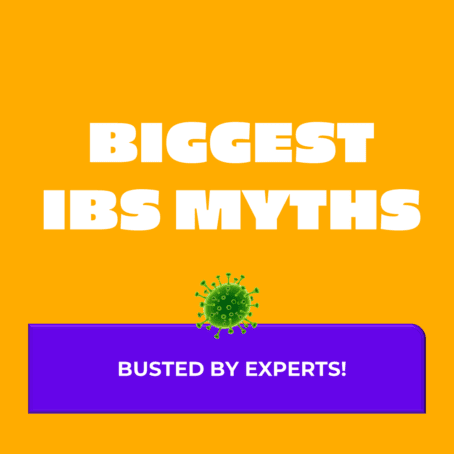How do I get H. pylori?
How we get infected with H. pylori is not entirely understood but it is thought that we can get it from someone else by kissing or coming into contact with contaminated water, vomit or poo. H. pylori is also more common in certain parts of the world like Asia, Africa and South America.
What are the symptoms?
H. pylori has been linked with different tummy troubles including bloating, loss of appetite, feeling full quickly, nausea, stomach pain or burning (especially when you are hungry), weight loss and stomach ulcers.
Fun fact! Barry Marshall, a doctor from Australia, won the Nobel Prize for literally drinking stomach juice from his patients. The stomach juice contained H. pylori, which eventually gave Dr Marshall a stomach ulcer (don’t try this at home)!
H. pylori is also associated with increased risk of developing stomach cancer. Fortunately, identifying and treating H. pylori reduces this risk.
How do I know if I’ve got H. Pylori?
If you think that you could have H. pylori then make an appointment with your doctor If they think it’s appropriate, they can arrange a test for you. There are a variety of non-invasive tests you can do for H. pylori including breath, poo and blood sample testing. Although, if you show alarm symptoms, then your doctor may refer you for an endoscopy procedure.
What should I do if I test positive?
If you test positive for H pylori, don’t panic! H. pylori can be treated. The most effective treatment for H. pylori is called triple therapy – a combination of antibiotics and antacid medications to help kill it off. It is recommended to do a follow up test after your course to make sure the treatment has worked.




